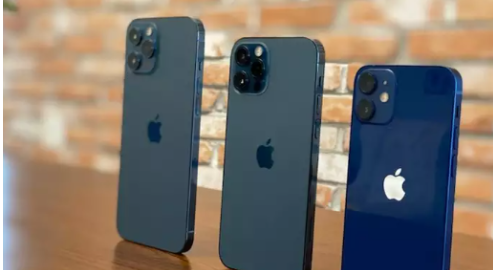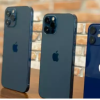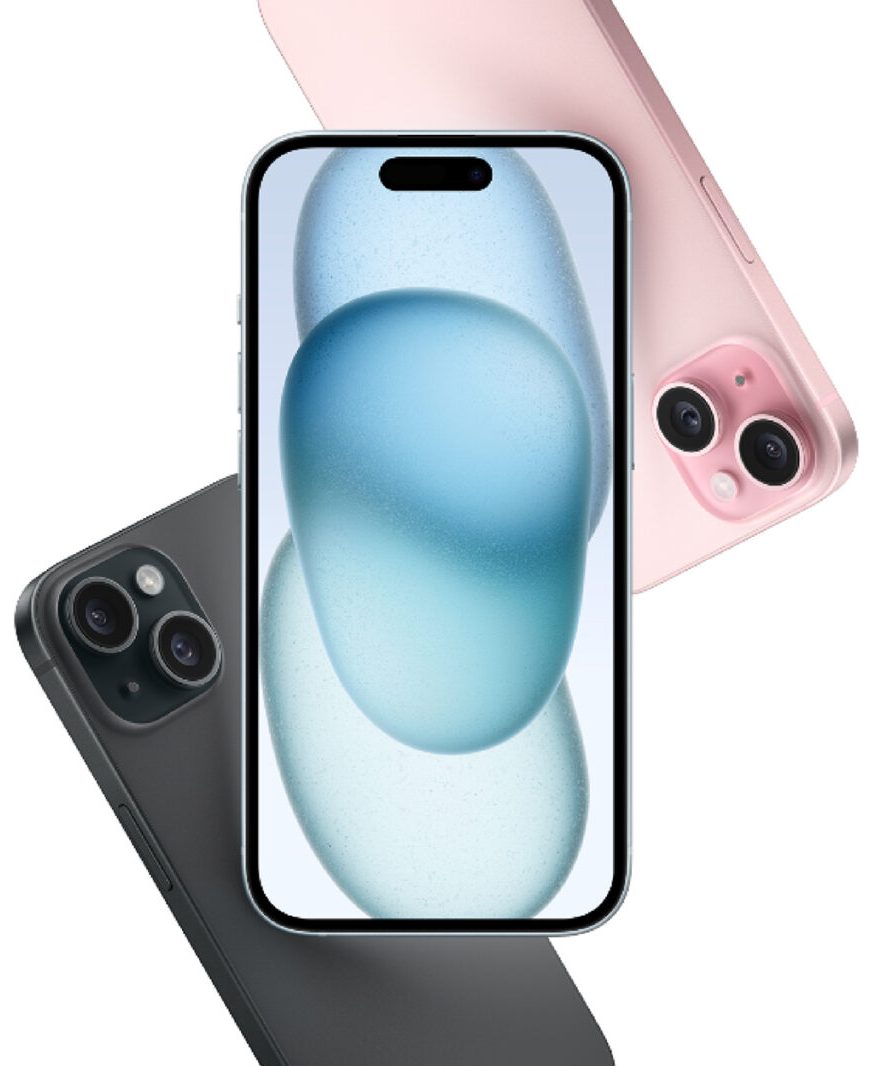Rethinking the Challenge of Giving New Life to Used iPhones: A Journey of Sustainability and Accessibility
In a world driven by rapid technological advancement, the lifecycle of electronic devices is becoming increasingly shorter, leading to a surge in electronic waste. Among these devices, iPhones, with their constant updates and upgrades, often find themselves replaced by newer models, leaving behind a trail of used devices with untapped potential. However, the challenge of giving new life to used iPhones presents a unique opportunity to promote sustainability, accessibility, and social impact.
- The Problem of E-Waste: Electronic waste, or e-waste, poses a significant environmental threat, with millions of tons ending up in landfills each year. iPhones, with their intricate components and non-biodegradable materials, contribute to this growing problem. However, beneath their sleek exteriors lie valuable resources that can be repurposed and recycled to mitigate the impact of e-waste on the environment.
- Unlocking Value Through Refurbishment: Refurbishing used iPhones offers a sustainable solution to the challenge of e-waste while providing affordable access to technology for underserved communities. Skilled technicians can assess, repair, and restore used iPhones to like-new condition, extending their lifespan and minimizing their environmental footprint. By refurbishing and reselling these devices at a fraction of the cost of new ones, refurbished iPhone services enable more people to access the benefits of modern technology.
- Promoting Accessibility and Inclusivity: Access to smartphones, particularly iPhones, has become synonymous with access to essential services, information, and opportunities in today’s digital age. However, the prohibitive cost of new devices often creates barriers to access for low-income individuals and marginalized communities. By offering refurbished iPhones at lower price points, refurbished iPhone services bridge the digital divide, empowering more people to participate in the digital economy and connect with the world around them.
- Ensuring Quality and Reliability: A common concern with refurbished electronics is the quality and reliability of the devices. However, reputable refurbished iPhone services address these concerns by adhering to rigorous quality control standards and offering warranties and guarantees on their products. Thorough testing, inspection, and certification processes ensure that refurbished iPhones meet or exceed the performance and reliability of new devices, providing peace of mind to consumers.
- Creating Social Impact: Beyond environmental and economic benefits, refurbished iPhone services have the potential to create positive social impact by supporting job creation, skills development, and community empowerment. By employing local technicians and partnering with social enterprises and nonprofit organizations, refurbished iPhone services can contribute to sustainable development and social inclusion in communities around the world.
- Embracing a Circular Economy: Ultimately, the challenge of giving new life to used iPhones is part of a larger shift towards a circular economy, where products are designed, produced, and consumed in a way that minimizes waste and maximizes resource efficiency. By embracing refurbishment, recycling, and responsible consumption practices, refurbished iPhone services play a pivotal role in advancing the principles of a circular economy and building a more sustainable future for generations to come.






